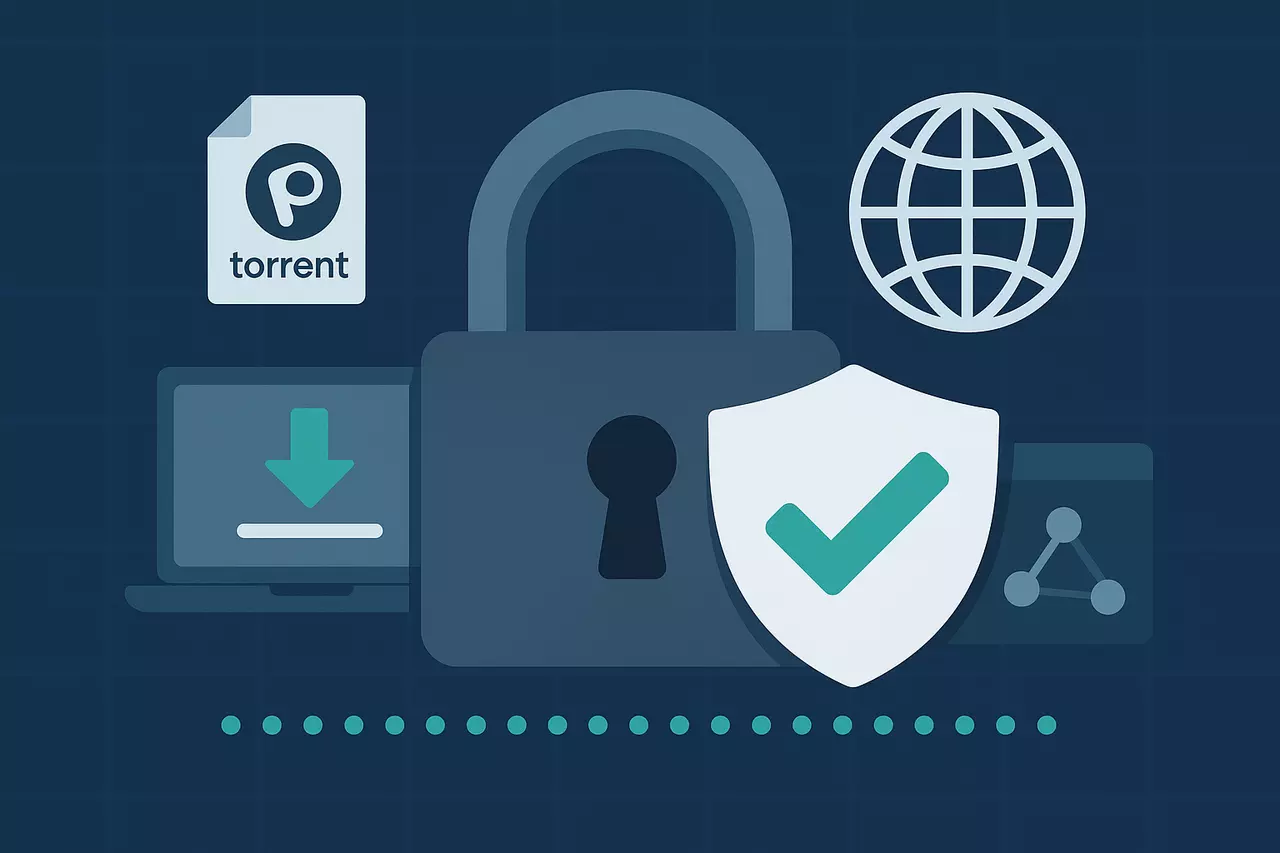In 2025, social media platforms have significantly upgraded their risk control mechanisms, making stable access with a single IP increasingly difficult. Using dynamic residential IPs can substantially reduce the likelihood of being blocked while enabling efficient and compliant data collection. This article explores the advantages, best practices, and compliance considerations of dynamic residential IPs, providing practical guidance for businesses and individuals.

Core Advantages and Mechanism of Dynamic Residential IPs
Dynamic residential IPs are assigned by real ISPs and can periodically rotate, closely mimicking the behavior of ordinary users.
Key advantages include:
- High anonymity and natural access patterns: Residential IPs are recognized as genuine users by platforms, lowering the risk of restrictions.
- Flexible and stable data collection: Regular IP rotation prevents single-point bans while maintaining continuous collection.
- Compatibility with multiple platforms and accounts: Supports cross-platform collection, multi-account management, and multi-browser operation.
Practical Strategies for Using Dynamic Residential IPs
1. Plan IP Rotation Strategically
Key principle: IP rotation frequency should be adjusted based on the target platform’s risk control intensity.
- Low-frequency platforms: Use “sticky sessions” to keep IPs stable, enhancing continuous access success.
- High-frequency platforms: Combine “per-request IP rotation” with rate limiting to ensure access behavior appears natural.
2. Simulate Real User Behavior
Incorporate browser fingerprinting, navigation paths, and request intervals to make scraping activities appear as ordinary user actions, reducing risk of detection.
3. Choose High-Quality IP Providers
Reliable providers offer high-speed proxy IPs and consistent exit IPs, ensuring stability and data integrity during collection. IPhalo’s dynamic residential IP service, with high purity and global node coverage, is an ideal choice for cross-border e-commerce, social media analytics, and similar use cases.
Frequently Asked Questions (FAQ)
Q1: Should I use dynamic residential IP or static IP for social media collection?
A1: Static IPs are suitable for tasks that require a long-term single IP, but they are more likely to be flagged. Dynamic residential IPs more closely resemble real user behavior, reducing the chance of detection.
Q2: Is data collection compliant using dynamic IPs?
A2: Warning: Legality does not depend on IP type. You must strictly adhere to the target platform’s robots.txt rules, terms of service, and applicable data protection regulations (e.g., GDPR, CCPA). Collecting personal or sensitive data without explicit authorization may be illegal.
Q3: How can I tell if an IP has been blocked or blacklisted?
A3: Monitor IP status via access testing, response delays, and HTTP status codes, and rotate or adjust IPs promptly when anomalies occur.
Efficient Configuration and Operational Tips
- Use multiple browsers or multi-instance tools: Combine with dynamic IPs to manage multiple accounts and maintain continuous collection.
- Maintain reasonable session continuity: Use “sticky session IPs” and avoid unnecessary cookie clearing to simulate uninterrupted user behavior.
- Monitor collection logs in real time: Analyze access status and responses to dynamically optimize IP rotation and request strategy.
Compliance Guidance and Advisory
When using dynamic residential IPs for social media scraping, ensure the following:
- Operate only within legally authorized scopes, avoiding collection of sensitive personal data.
- Strictly follow platform terms of service and local regulations.
- Securely store and control access to collected data to prevent leaks or misuse.
By adhering to these principles, you can maximize efficiency while minimizing operational risks, achieving safe and stable social media data collection.







